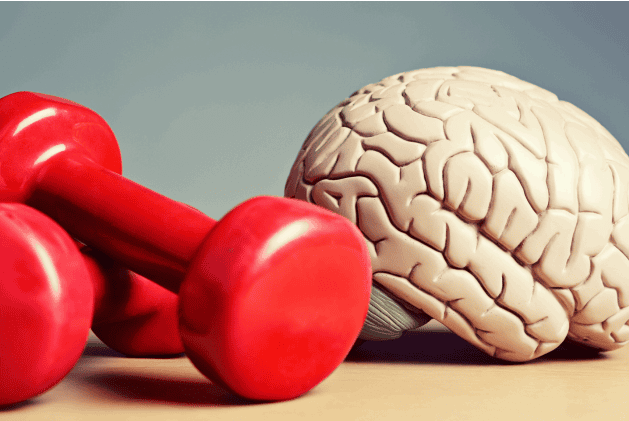Regular exercise not only enhances physical health but also significantly improves mental well-being and lowers the risk of developing mental illnesses. While it’s widely known that exercise benefits the body, its role in mental health is as important, especially for individuals with conditions like anxiety or depression. Exercise can reduce symptoms of mental illness and serve as an effective tool for managing mental health. In this article, we’ll go over the types of exercise that improves mental health.
Yoga:
Yoga helps reduce stress, making it particularly beneficial for individuals dealing with negative thoughts, anxiety, or depression. By combining physical movement with mindfulness, yoga can improve both mental clarity and emotional balance.
Aerobic Exercises:
Activities like walking, jogging, cycling, and swimming are well-known for reducing stress, anxiety, and depression. These exercises can also enhance mindfulness, boost self-esteem, lower the risk of cognitive decline, and encourage social interaction.
Strength Training:
Lifting weights or engaging in resistance training offers significant mental health benefits. Strength training has been shown to reduce symptoms of anxiety and depression, improve sleep quality, and increase self-esteem.
Team Sports:
Participating in team sports not only provides an opportunity to get physical exercise but also fosters a sense of belonging and social support, both of which are important for mental well-being.
Tips for Incorporating Mental Health Exercises
– Set Realistic Goals: Create SMART goals (Specific, Measurable, Achievable, Relevant, and Time-bound). For example, aim to walk for 15 minutes a day or attend a weekly yoga class.
– Choose Enjoyable Activities: You’re more likely to stick with exercises you enjoy. Try out different activities to find the ones that suit you best.
– Socialize: Exercising with a friend can increase motivation and make the experience more enjoyable. Social connections during exercise also enhance accountability.
– Be Kind to Yourself: Some days, it may be harder to find the motivation to exercise. On challenging days, listen to your body, and allow yourself rest when needed.
Conclusion:
Incorporating a variety of exercises into your routine can do more than just improve your physical health – it can significantly boost your mental well-being too. Whether it’s the calming focus of yoga, the rush of aerobic workouts, or the walk in nature, each form of movement offers benefits for your mind. The key is to find what you like and make it a regular part of your lifestyle. Remember, taking care of your mental health is just as important as taking care of your body – and with the right exercises, you can support both at the same time.

